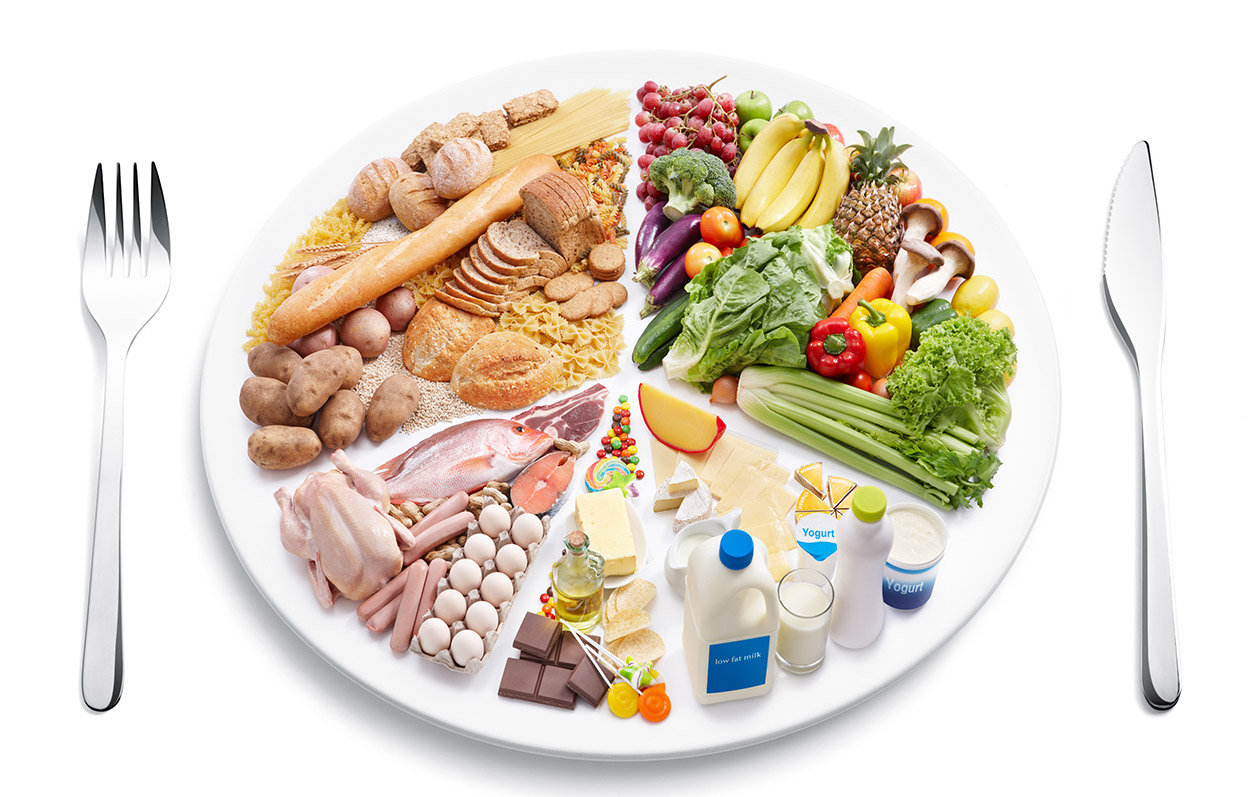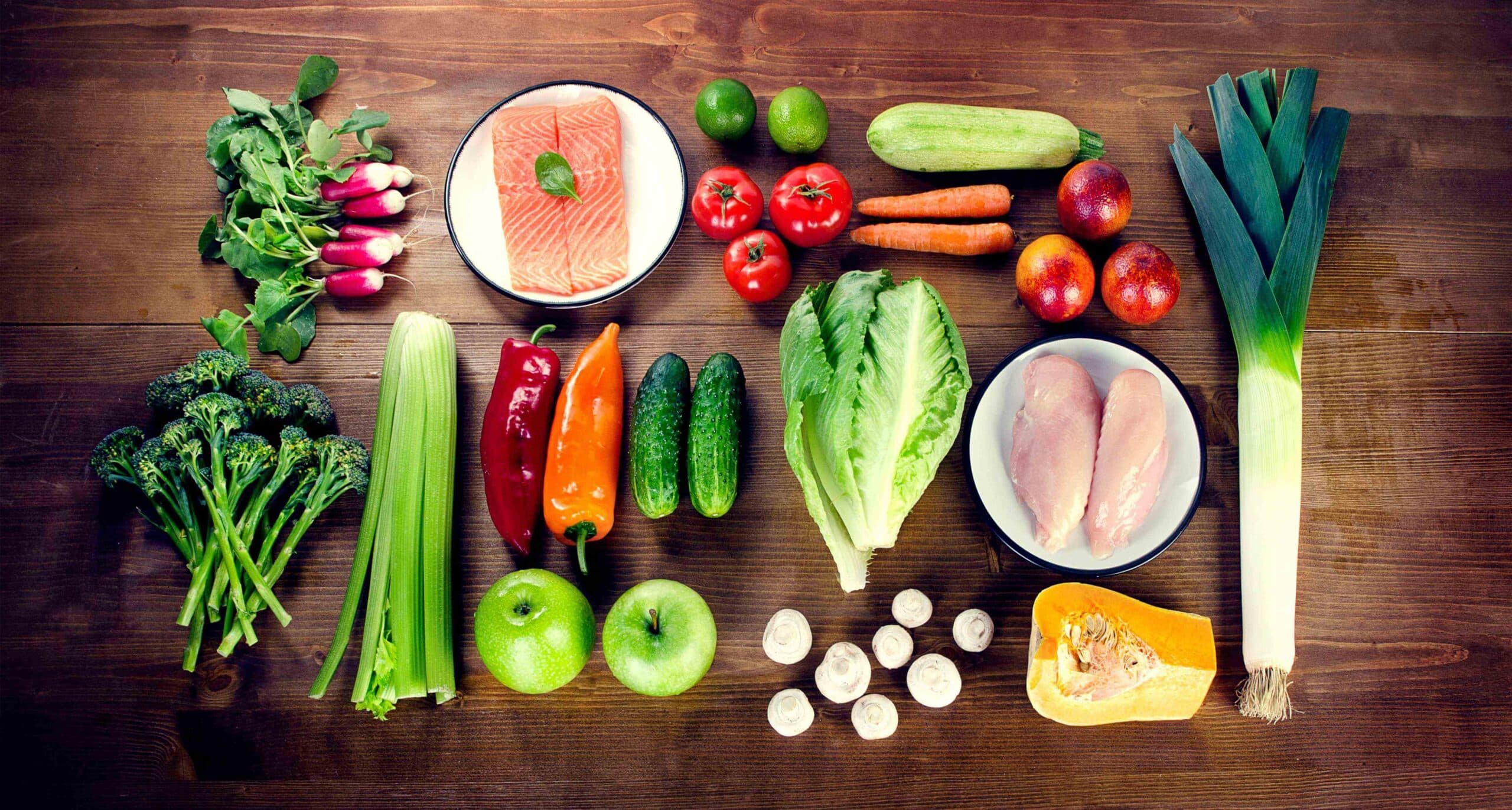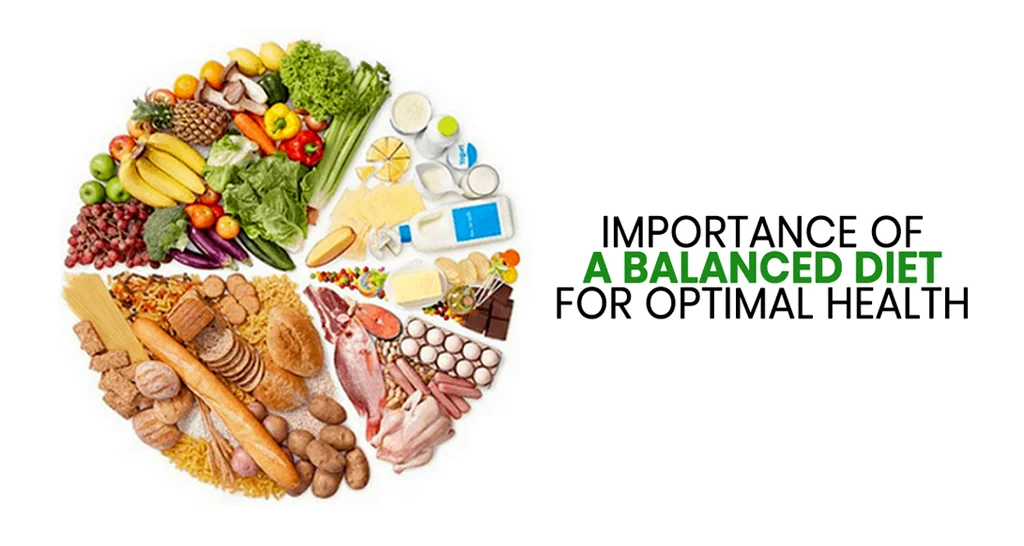Title: Balanced Diet for Weight Loss: Strategies for Shedding Pounds While Maintaining Nutritional Balance
Introduction:
Achieving weight loss goals often involves adopting a balanced approach to nutrition that supports fat loss while providing essential nutrients for overall health and well-being. Fad diets and extreme calorie restriction may lead to short-term weight loss but can be unsustainable and potentially harmful in the long run. Instead, focusing on a balanced diet that incorporates nutrient-dense foods, promotes satiety, and supports metabolic health can lead to sustainable weight loss and improved overall health. Let’s explore strategies for shedding pounds while maintaining nutritional balance.
1. Prioritize Whole, Nutrient-Dense Foods:
A balanced diet for weight loss should emphasize whole, nutrient-dense foods that provide essential vitamins, minerals, and antioxidants while promoting satiety and reducing calorie intake. Incorporate a variety of fruits, vegetables, whole grains, lean proteins, and healthy fats into your meals and snacks to ensure adequate nutrient intake and support overall health. Choose minimally processed foods that are rich in fiber, protein, and healthy fats, such as leafy greens, berries, quinoa, lean poultry, fish, nuts, seeds, and avocado.
2. Practice Portion Control:
Portion control is essential for managing calorie intake and promoting weight loss while still enjoying a variety of foods. Pay attention to serving sizes and aim to fill your plate with a balance of nutrient-dense foods from different food groups. Use smaller plates, bowls, and utensils to help control portion sizes and prevent overeating. Practice mindful eating by savoring each bite, chewing slowly, and paying attention to hunger and fullness cues to avoid mindless snacking and unnecessary calorie consumption.
3. Focus on Macronutrient Balance:
Balancing macronutrients—carbohydrates, protein, and fat—in your diet is key to supporting weight loss while maintaining energy levels and promoting muscle retention. Aim to include a source of lean protein, healthy fats, and complex carbohydrates in each meal to provide sustained energy, support muscle repair and growth, and promote satiety. Choose lean protein sources such as chicken, turkey, tofu, beans, and lentils; healthy fats such as olive oil, avocado, nuts, and seeds; and complex carbohydrates such as whole grains, legumes, and starchy vegetables.
4. Monitor Caloric Intake:
While calories are not the sole determinant of weight loss, creating a calorie deficit—consuming fewer calories than you expend—is essential for shedding pounds. Use a food diary or tracking app to monitor your caloric intake and ensure that you are consuming an appropriate amount of calories for weight loss while still meeting your nutritional needs. Be mindful of hidden sources of calories, such as sugary beverages, processed snacks, and high-calorie condiments, and aim to limit these foods to support your weight loss goals.
5. Stay Hydrated and Mindful of Beverages:
Hydration is essential for overall health and can support weight loss by promoting satiety and preventing overeating. Drink plenty of water throughout the day and limit consumption of calorie-rich beverages such as sugary sodas, fruit juices, and alcoholic beverages, which can contribute to excess calorie intake. Opt for water, herbal tea, or sparkling water with a splash of lemon or lime for a hydrating, low-calorie beverage option.
6. Practice Mindful Eating and Listen to Your Body:
Mindful eating involves paying attention to the sensory experience of eating, including taste, texture, and aroma, as well as recognizing hunger and fullness cues. Slow down during meals, chew food thoroughly, and savor each bite to enhance satisfaction and prevent overeating. Tune in to your body’s hunger and fullness signals, eating when you’re hungry and stopping when you’re satisfied, rather than relying on external cues or emotional triggers to dictate eating behavior.
Conclusion:
Achieving weight loss while maintaining nutritional balance requires a balanced approach to eating that prioritizes whole, nutrient-dense foods, portion control, macronutrient balance, and mindful eating habits. By incorporating these strategies into your daily routine, you can support sustainable weight loss, improve overall health, and establish long-term habits that promote well-being. Remember that everyone’s nutritional needs and weight loss journey are unique, so it’s essential to listen to your body, seek support from healthcare professionals, and make adjustments as needed to support your individual goals and preferences. With dedication, consistency, and a focus on balanced nutrition, you can achieve your weight loss goals and enjoy improved health and vitality for years to come.



